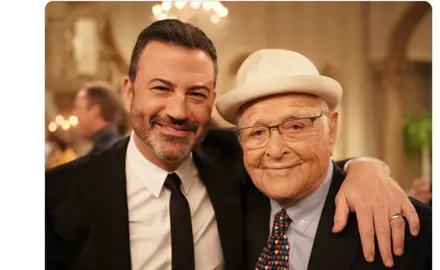When a Pennsylvania school board pulled over 300 books from school bookshelves, a student group at the high school took note. All the banned books were by or about people of color or of non-traditional gender (including even a student PowerPoint on helping minority students take the SAT). Faculty sponsors Patricia Jackson and Ben Hodge helped the students to first talk with the administration and then hold morning “walk-ins” with protest signs – rather than walk-outs that could generate negative publicity. The school board at first doubled-down on the ban, but after continued peaceful protests and growing community pressure, the board relented.
With so much attention on race and gender in this country, parents and community members in many school districts around the United States are actively questioning the teaching in their schools – some with genuine interest but others with active political agendas. However, few of us ever received training in how to strategically organize like-minded people to defend the right to read, write, and discuss serious issues. Fortunately, a number of organizations have stepped up to help. Among these is Everyday Advocacy, a volunteer committee of educators hosting the website https://www.everydayadvocacy.org.
Everyday Advocacy helps educators – and all who care about children’s learning – to thoughtfully address issues around education policy, especially censorship and book-banning – though other school concerns, such as equitable and constructive discipline, are important as well. Everyday Advocacy resources explain how these efforts can be
- Smart – that is, well informed so they understand the issues and can offer constructive solutions
- Safe – i.e., actions that do not place teachers’ or librarians’ jobs in jeopardy
- Savvy – involving strategic, actions that are likely to be effective rather than just speaking out for its own sake
- And sustainable – i.e., able to persist over time and against push-back.
Any action step you may consider will depend on what is happening in your district and community. If there are no problems but you fear they may develop, the first step can be to build a network of support among parents and teachers. If a censorship effort is current you’ll need to consider how to strategically activate the network you’ve cultivated. Or if draconian rules or laws are already in place, you may need to seek small ways to still support students’ voice and growth.
So if there’s an issue that you find you must address, Jackson and Hodges, whom we began with, offer some good advice (see the interview with them at https://www.youtube.com/watch?v=BAJGXR4tyJI&t=840s). In summary:
- Realize you’re not alone, even when it can feel like that. Find other community members to work with – trying to do this alone is difficult.
- Start with small steps. Little things matter.
- Start or support a club where people can gather and you can hear from them.
- Realize that your efforts can cause ripples, even when it seems difficult.
Remember, too, that the stories you can tell about your child’s or grandchild’s development provide some of the most powerful arguments for change and improvement. Similarly, Everyday Advocacy provides not only guiding principles and practical action steps but also succinct videos of teachers describing their challenges and successes, along with videos from authors recounting how their books provided crucial support in young peoples’ lives. The videos are also available at the YouTube channel @EverydayAdvocacy .
The Everyday Advocacy team wants to hear your stories – to possibly share the lessons you’ve learned, or to connect you with other resources that can help address censorship challenges your community’s school or library may be experiencing. Visit www.everydayadvocacy.org for information and suggested strategies.



